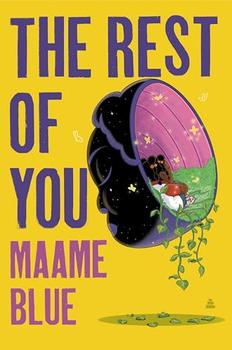(10/25/2020)
In The Prophets, we the readers are transported to the Antebellum south and invited into the lives of Samuel and Isaiah, two young slaves who live on the plantation known as "Empty". Robert Jones, Jr. clearly loves language. Lots of language ---- lots of descriptive sentences that are sometimes overwhelming. I felt as though I knew most of his characters very well by the book's conclusion.
When I consider the book in its entirety I can't help but wonder the motivation for writing this particular story. We all have had our appetites fed with many books about the south and the terrible conditions the plantation owners imposed upon the slaves.
This book is different. It explores the relationship between two young male slaves who have fallen in love and look to each other for tenderness in excruciatingly ruthless surroundings. Imagine these two young men who take care of the animals in the barn and work together with such rhythm and clarity. Now place them and their tender natures under the thumb of their owners who do not believe they are human. Owners who actually have conversations about how to even categorize these black people from Africa. They do not believe these properties have souls. They are simply property. Quite a contrast of characters.
In this book, we have a look at the belly and bowels of the ships that transported the stolen Africans and delivered them to, in this case, a plantation. Jones' words place you directly on the rows of pallets where men and women are stacked with just inches separating them from the person lying above, chained together and unable to do so much as gather enough saliva to swallow as they relieve themselves where they lay.
We experience the brutal punishments meted out for the smallest infractions, real or manufactured. We gather with women in secret as they gather what they can find - herbs, scraps of rags, river water, so that they might soothe the backs of Samuel and Isaiah after a severe whipping.
Add to that, the women on the plantation who are repeatedly raped, and expected to 'produce' future slaves for the betterment of the operation. The children running around are various shades of black, and not very black and almost white, and all shades in between. Many don't know who their parents are because they were stolen or given away at some point in their young lives. Some know that "Massa" is their father.
An older slave wants to gain favor with the 'Massa' and asks for permission to learn the Bible and preach. This leads to questions about the gay relationship taking place under all of their watchful eyes.
But throughout the book, despite the vicious treatment they endure, Samuel and Isaiah cling to each other and are ultimately faced with a decision that affects everyone ---- literally every being who lives here on Empty.



